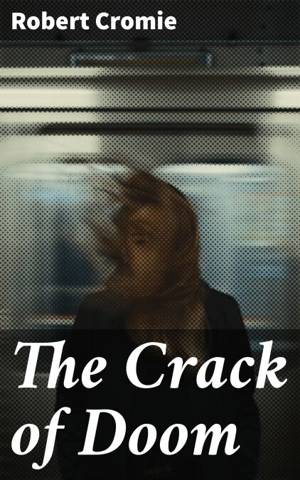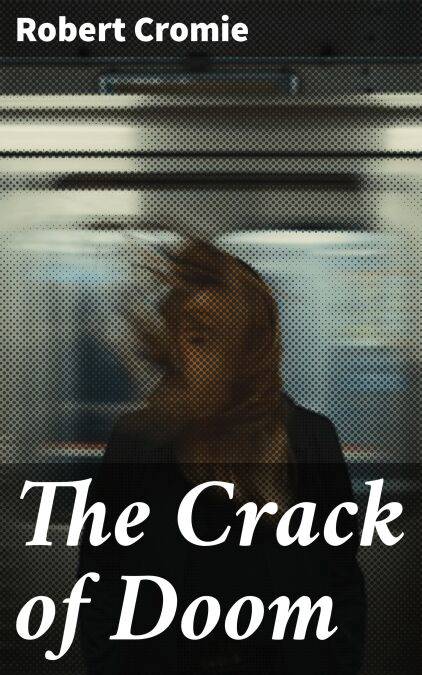
- Afhalen na 1 uur in een winkel met voorraad
- Gratis thuislevering in België vanaf € 30
- Ruim aanbod met 7 miljoen producten
- Afhalen na 1 uur in een winkel met voorraad
- Gratis thuislevering in België vanaf € 30
- Ruim aanbod met 7 miljoen producten
Zoeken
The Crack of Doom E-BOOK
A Thrilling Tale of Impending Catastrophe and Scientific Progress
Robert Cromie
E-book | Engels
€ 0,49
Uitvoering
Omschrijving
In Robert Cromie's "The Crack of Doom," readers are immersed in a gripping narrative that intertwines elements of science fiction and fantasy, exploring the boundaries of human ambition and the consequences of unchecked scientific endeavors. Set against the backdrop of the late Victorian era, the novel showcases Cromie'Äôs skillful prose and vivid imagery, reflecting the anxieties of a society on the brink of monumental scientific advancements. The story circles around a cataclysmic event that threatens the very fabric of Earth, as Cromie deftly weaves themes of morality, responsibility, and existential dread into the fabric of his tale, prompting readers to ponder the implications of technological progress and its potential to unravel the world. Robert Cromie, a prominent figure in Victorian literature and a passionate advocate for scientific inquiry, often drew inspiration from contemporary advancements in technology and the ethical dilemmas surrounding them. His background as a science writer and editor allowed him to cultivate an adept understanding of scientific concepts, which he seamlessly integrates into this work. Cromie's own experiences and conflicts with the emerging modernity fortify the thematic depth of "The Crack of Doom," making it a reflection of his era's tumultuous relationship with science. This novel is a pivotal read for those interested in the intersections of science, ethics, and storytelling. Cromie's fervent exploration of these themes, combined with his engrossing narrative style, offers not just entertainment but also critical reflection on the nature of progress and its potential repercussions. Readers seeking an intellectually stimulating and thrilling journey will find "The Crack of Doom" to be an indispensable addition to their literary canon.
Specificaties
Betrokkenen
- Auteur(s):
- Uitgeverij:
Inhoud
- Aantal bladzijden:
- 184
- Taal:
- Engels
Eigenschappen
- Productcode (EAN):
- 4064066224066
- Verschijningsdatum:
- 9/12/2019
- Uitvoering:
- E-book
- Beveiligd met:
- Digital watermarking
- Formaat:
- ePub

Alleen bij Standaard Boekhandel
Beoordelingen
We publiceren alleen reviews die voldoen aan de voorwaarden voor reviews. Bekijk onze voorwaarden voor reviews.











